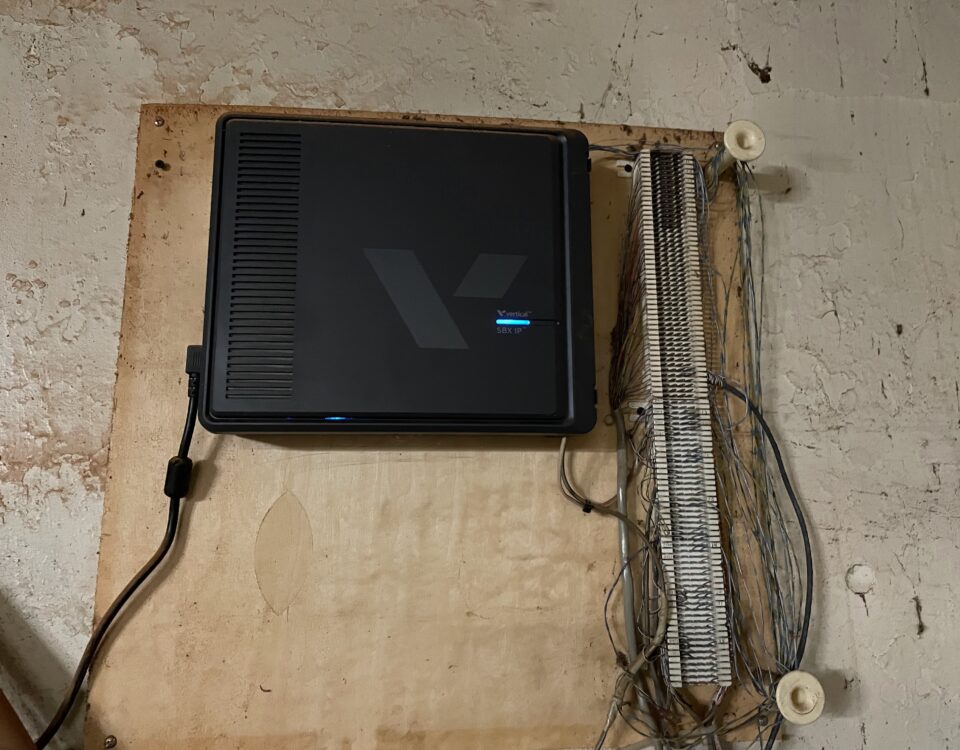
What’s the Difference Between 568A and 568B?
July 30, 2025
Why Structured Cabling Is a Smart Investment for Growing Businesses
July 30, 2025Selecting the right phone system is essential for keeping your team connected and your customers happy. Whether you’re a growing business or an established operation, the type of system you choose impacts everything—from efficiency and call quality to cost and scalability.
Here’s a quick guide to help you navigate your options.
Traditional Landline (PSTN)
Landline systems run through physical copper wires—reliable, but increasingly outdated.
Best for: Businesses in areas with poor internet or those with existing landline infrastructure.
Pros:
- Reliable even with unstable internet
- Simple setup and maintenance
Cons:
- Fewer features
- Higher long-term costs
- Not scalable or future-proof
VoIP (Voice over Internet Protocol)
VoIP lets you make and receive calls over the internet. It’s the most popular option for small and mid-sized businesses.
Best for: Cost-conscious businesses that want flexibility and modern features.
Pros:
- Lower cost per line
- Advanced features like call recording, video calls, voicemail-to-email
- Easily integrates with CRMs and business tools
Cons:
- Needs a strong internet connection
- Security risks if not properly managed
PBX (Private Branch Exchange)
PBX systems allow internal and external calling through a centralized phone network. Options include on-premise PBXor hosted/cloud PBX.
Best for: Midsize to large businesses that want more control and advanced call handling.
Pros:
- Ideal for internal communication and call routing
- Advanced customization
- On-premise or cloud options
Cons:
- Higher upfront costs (especially on-premise)
- Requires setup and support from telecom professionals
Cloud Phone Systems
These systems combine the features of VoIP and PBX, but without on-site hardware. Everything is managed offsite through the cloud.
Best for: Remote teams, growing companies, and businesses that want flexibility.
Pros:
- Easy to scale with your business
- Remote-friendly and mobile-accessible
- No bulky hardware required
Cons:
- 100% reliant on internet performance
- Can get expensive over time depending on service tiers
How to Choose
Ask yourself:
- How big is my team? Small businesses benefit from VoIP or cloud; larger orgs may prefer PBX.
- What’s my budget? VoIP has the lowest upfront costs.
- Do I need remote access? Cloud systems shine here.
- Am I planning to grow? Choose a scalable system that won’t need replacing in a year.
Need Help Choosing the Right Phone System?
At Kommvia, we design, install, and support business phone systems across Indiana, Chicago, and Southern Michigan—from VoIP to PBX and everything in between.
Let’s match your team with a solution that fits your budget, call volume, and future goals.
📞 Call 844-KOMMVIA
📩 Email go@kommvia.com




